Medios de comunicación
Inicio " Medios de comunicación
30 años de historia de la marca
Más de 100 agentes en todo el mundo
Equipos de proceso alemanes
Diez series de ventanilla única de contratación
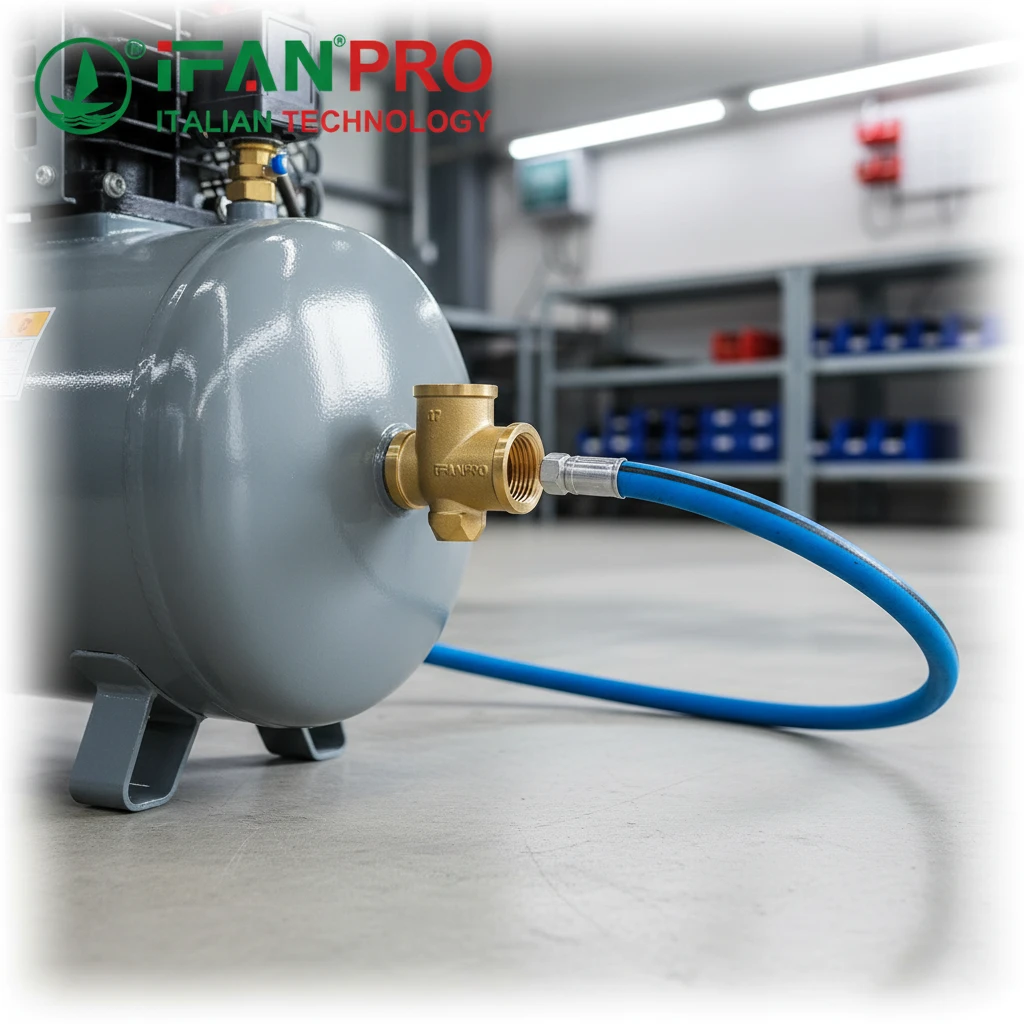
Are Brass Elbows Suitable for Compressed Air Systems?
A client’s plastic air line fitting once shattered from a pressure surge, causing a shutdown. That moment cemented my respect for choosing the right material,
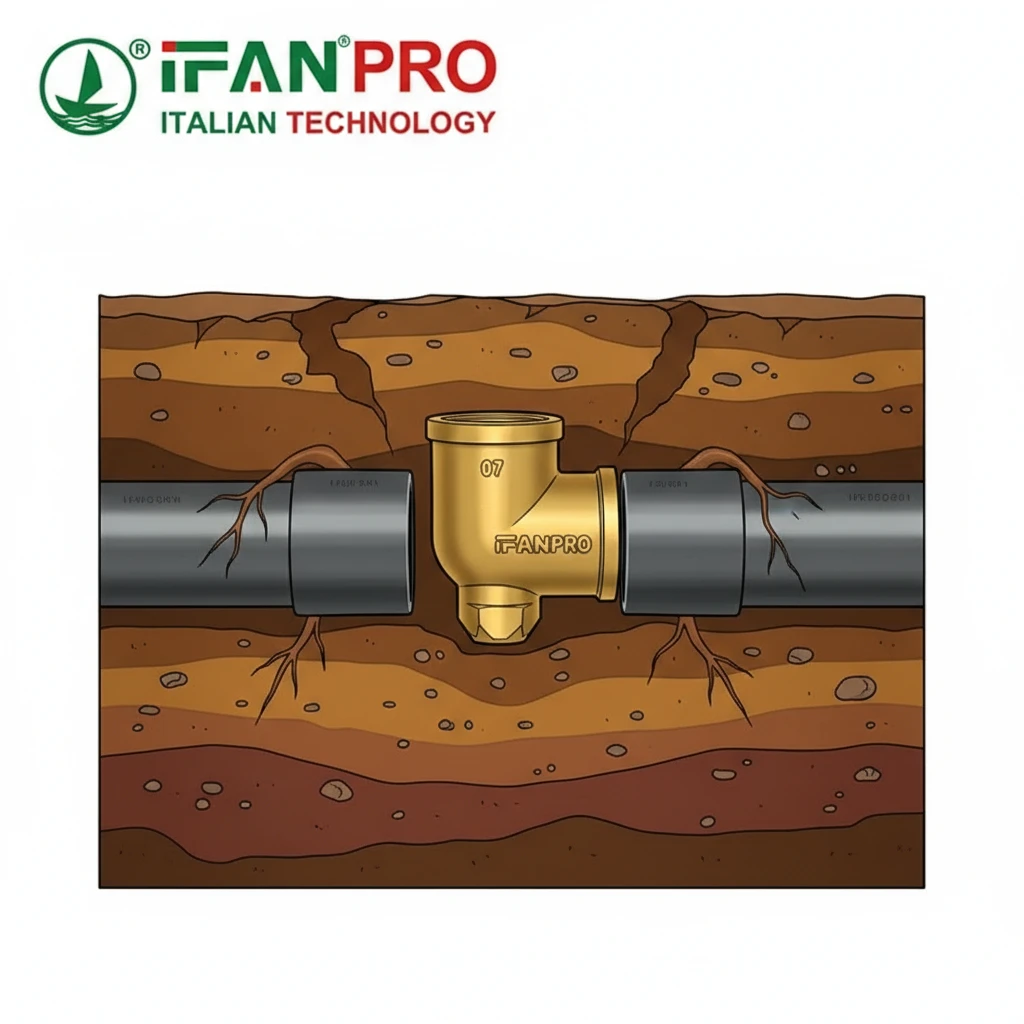
Why Choose a Brass Elbow Over a Plastic One for Ground Movement Areas?
I once reviewed a failed irrigation project where plastic fittings cracked after just one season. The culprit? Unpredictable soil shifting. This common problem clearly shows
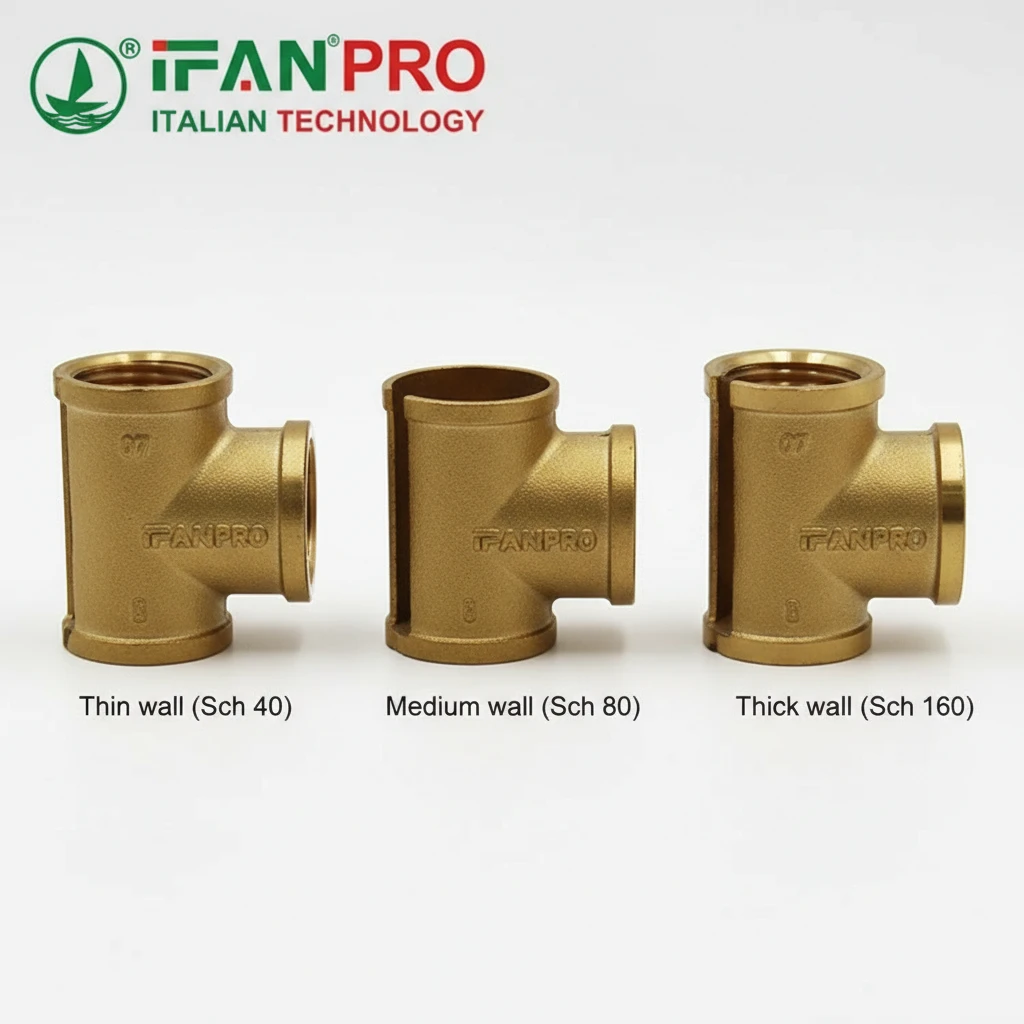
Does Wall Thickness Impact the Pressure Rating of Brass Elbows?
A client once insisted on using standard thin-walled brass elbows for a high-pressure industrial line. The resulting failure taught everyone on that project a clear,
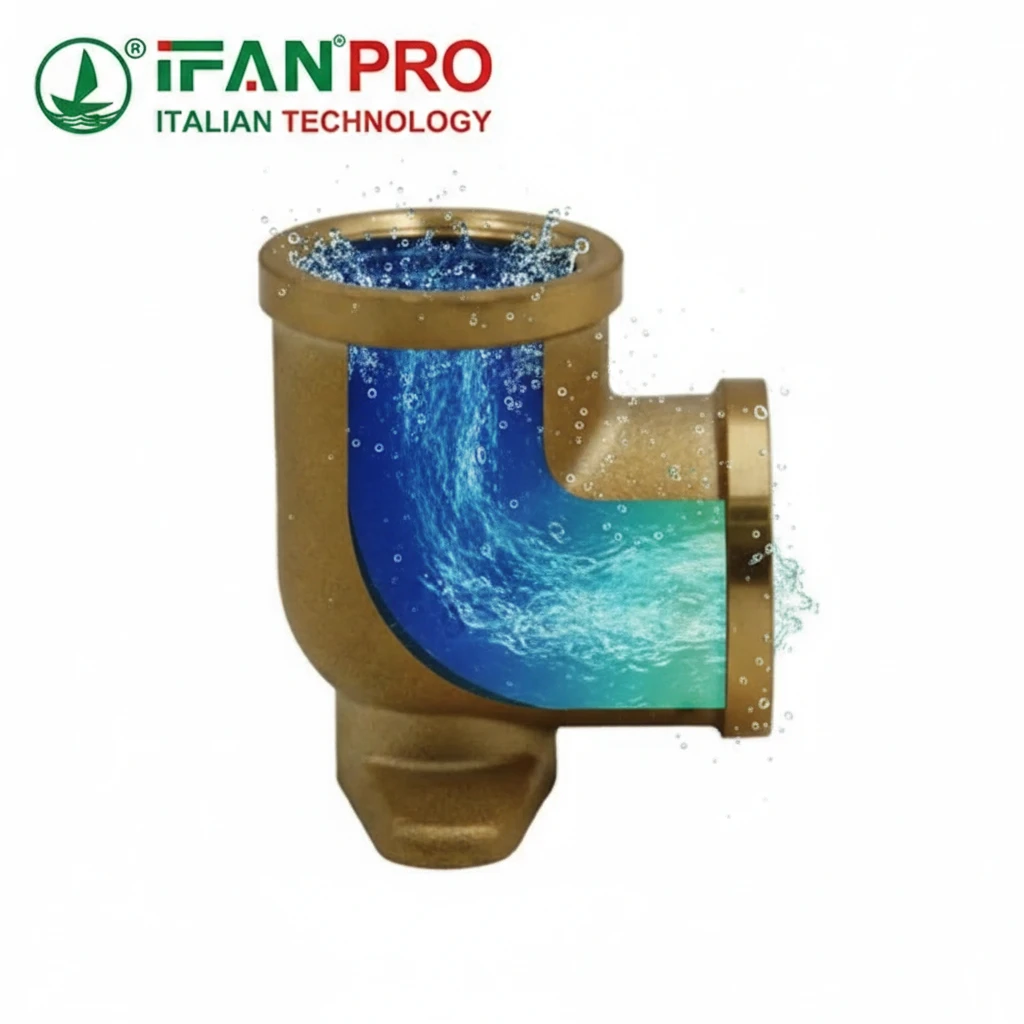
How to Calculate Pressure Drop Across a Brass Pipe Elbow?
I once saw a pump burn out because someone ignored the pressure drop from a few simple elbows. That costly mistake taught me that every
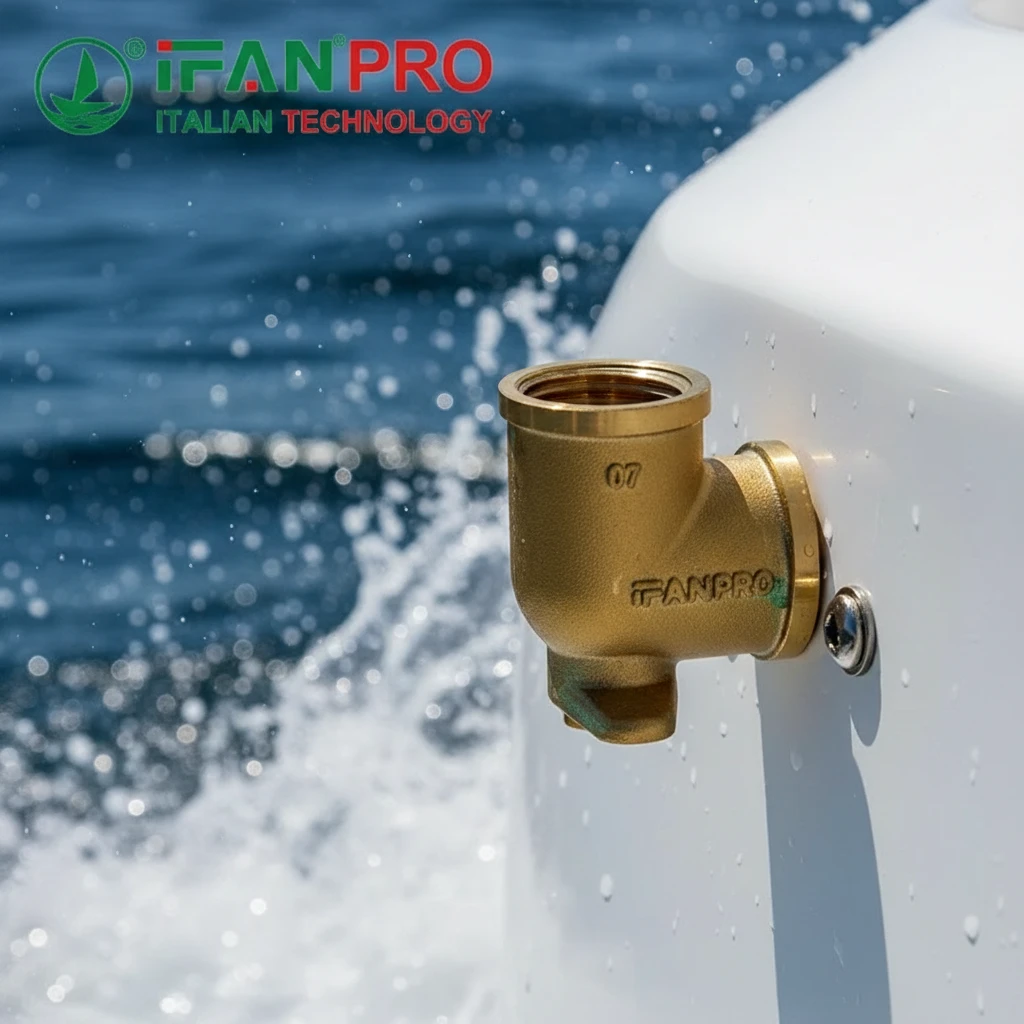
Can Brass Elbows Be Used in Marine or Coastal Environments?
We once received an urgent call from a shipyard in Dubai. Their standard brass fittings had corroded into a powdery mess within months, halting a
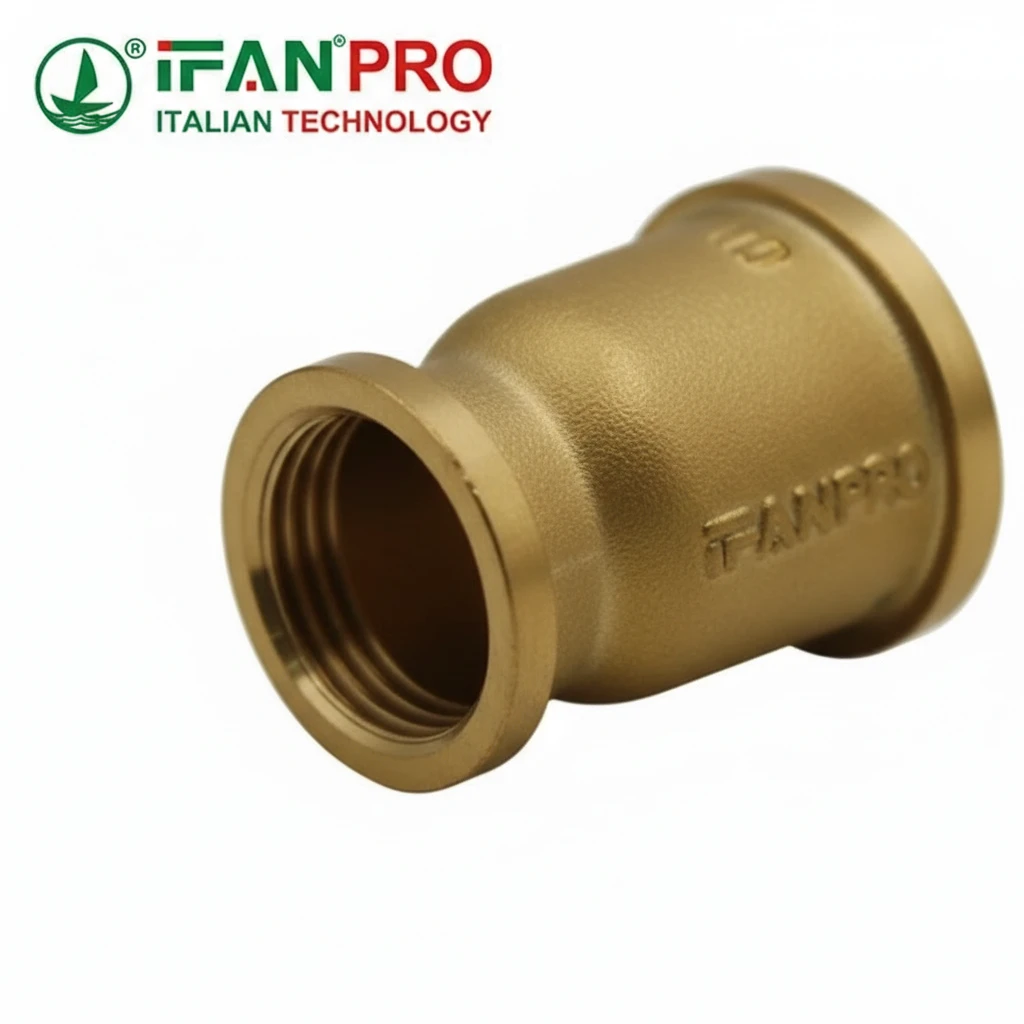
Why are Some Brass Elbows Designed with a Reinforced Heel?
I once saw a standard brass elbow split at the seam under high-pressure steam. That failure taught me why a simple design detail, like a
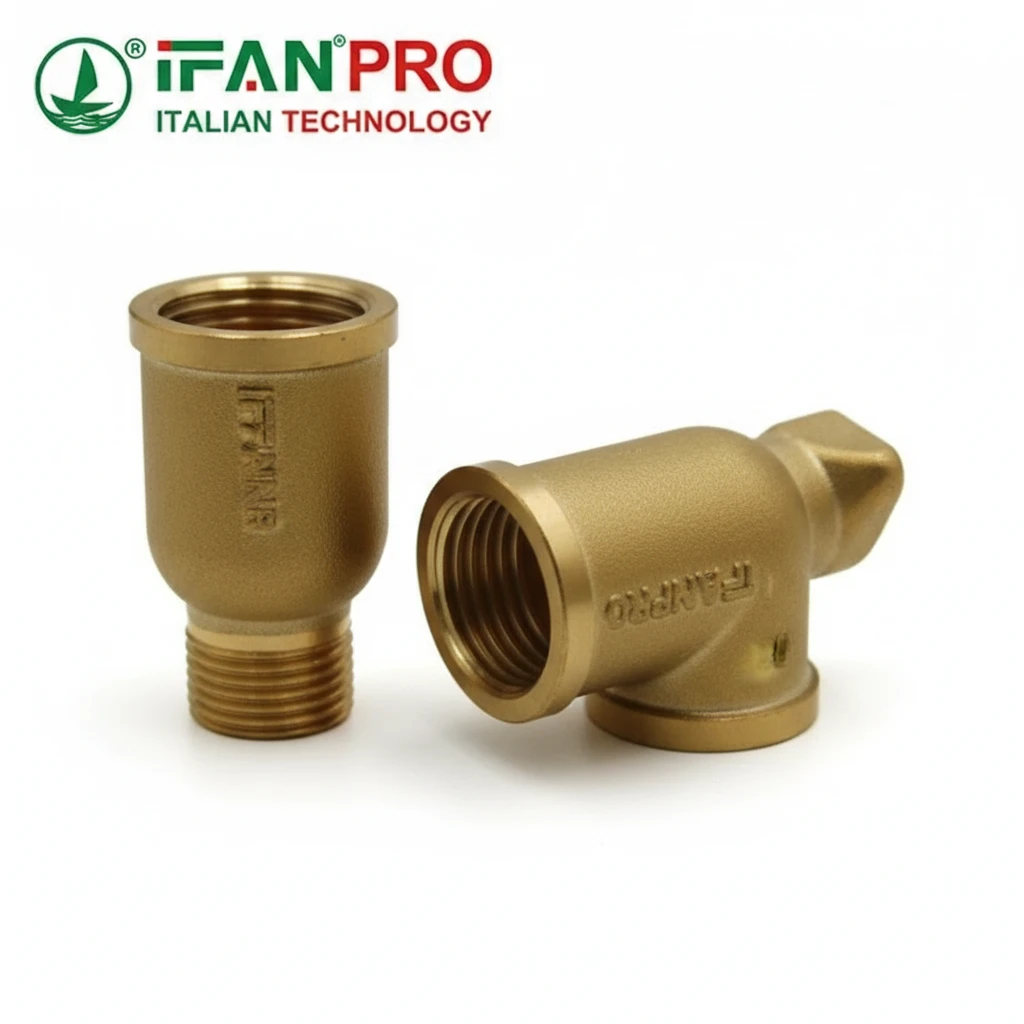
What is the Difference Between a Street Elbow and a Regular Brass Elbow?
I once saw a plumber struggle for an hour in a tight cabinet, trying to connect two female-threaded pipes. The solution was a simple street
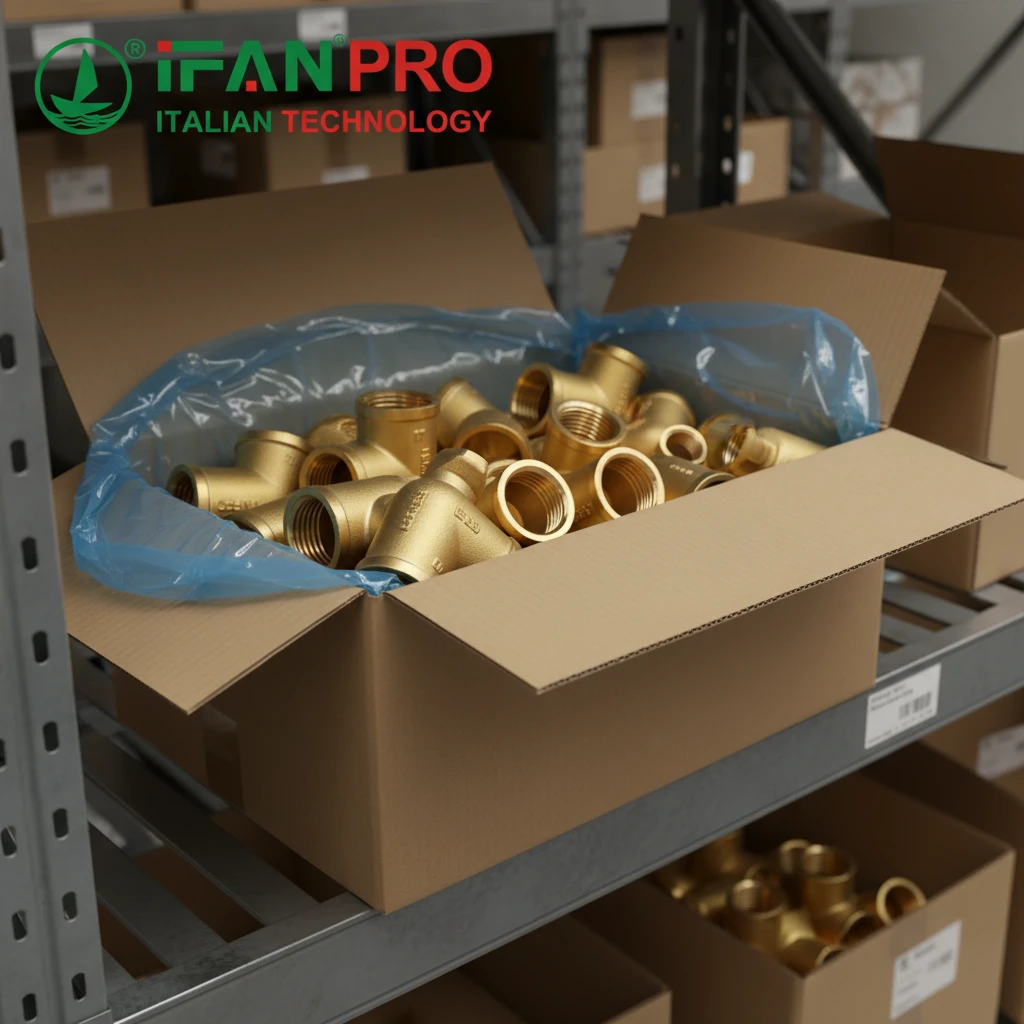
How to Properly Store Brass Elbows to Prevent Oxidation Before Use?
I once opened a shipment of brass fittings that had turned dull and patchy from poor storage. This taught me that how you store brass
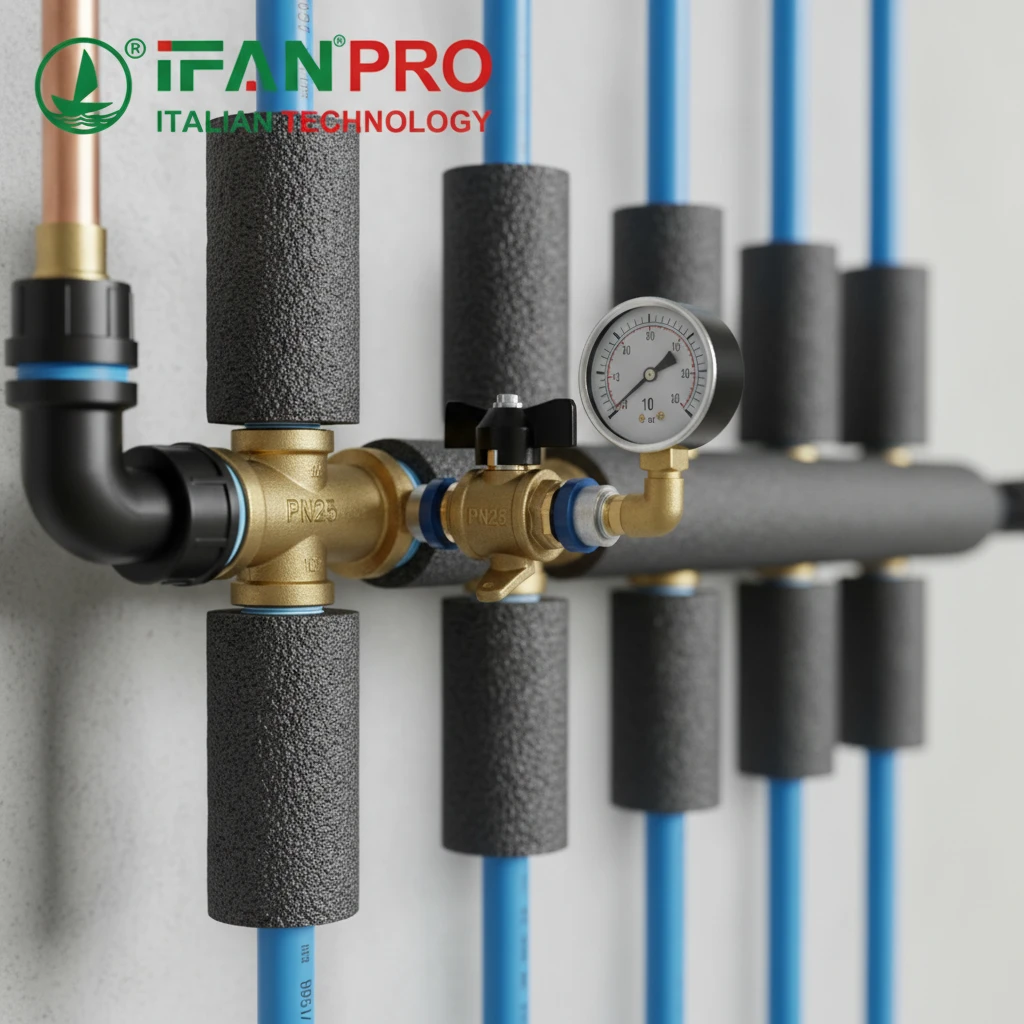
What is the Maximum Pressure Rating of the PEX-AL-PEX 121UC Valve?
I recently consulted on a project where a system failure was traced back to an underestimated pressure rating. This experience shows why understanding the true
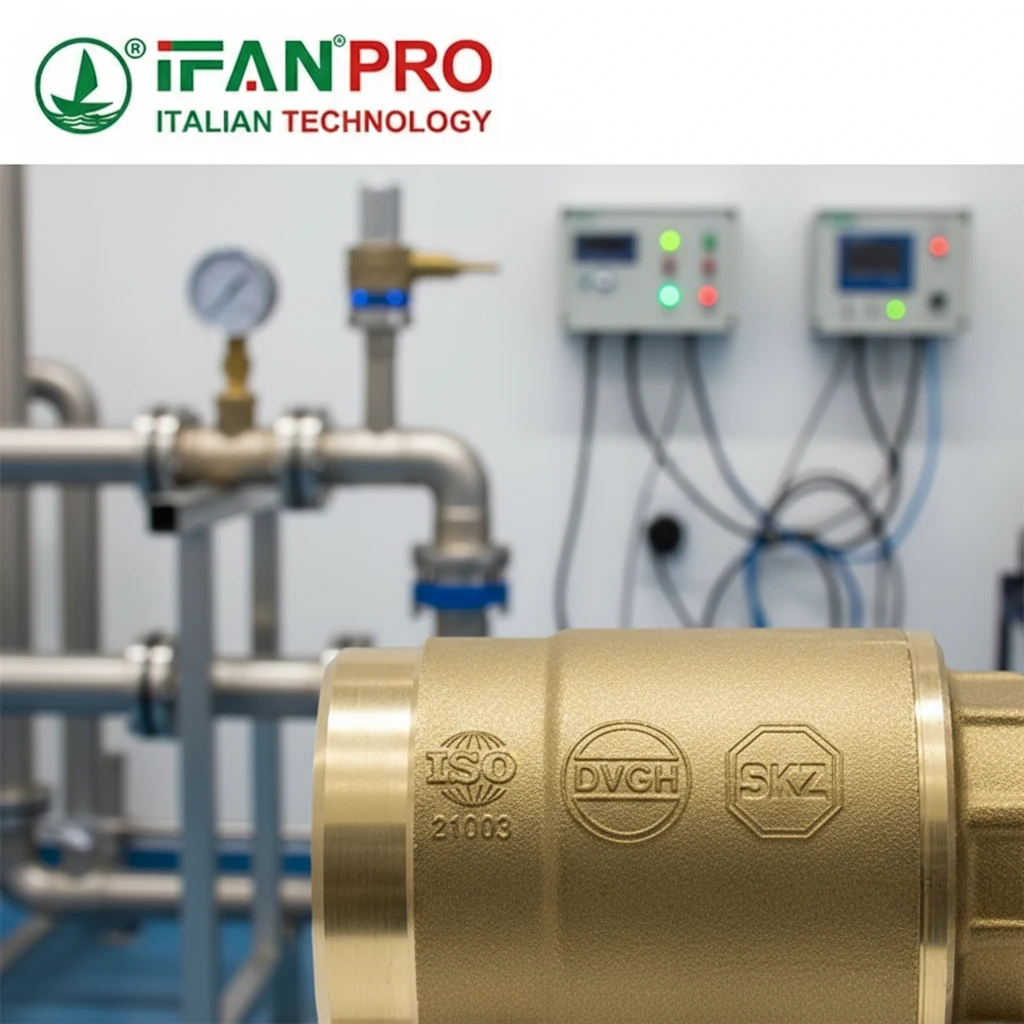
Why Does the 121UC Valve Outperform Standard Valves in Composite Systems?
I once saw a composite system fail at the valve connection. That single point of mismatch caused leaks and corrosion, proving that the valve is
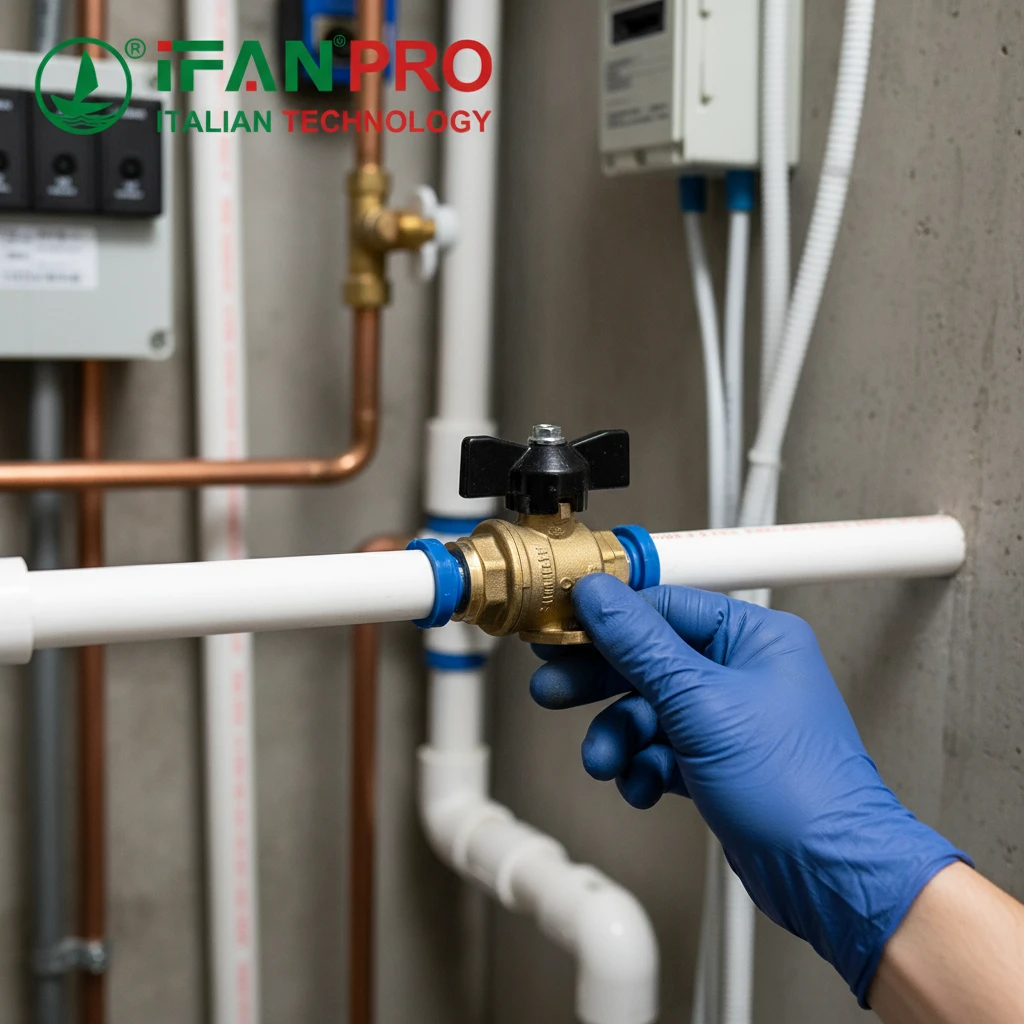
How to Replace or Service a 121UC Valve in an Existing PEX-AL-PEX Loop?
A client once faced a system shutdown because a faulty valve couldn’t be fixed without cutting the entire loop. This experience taught us the precise
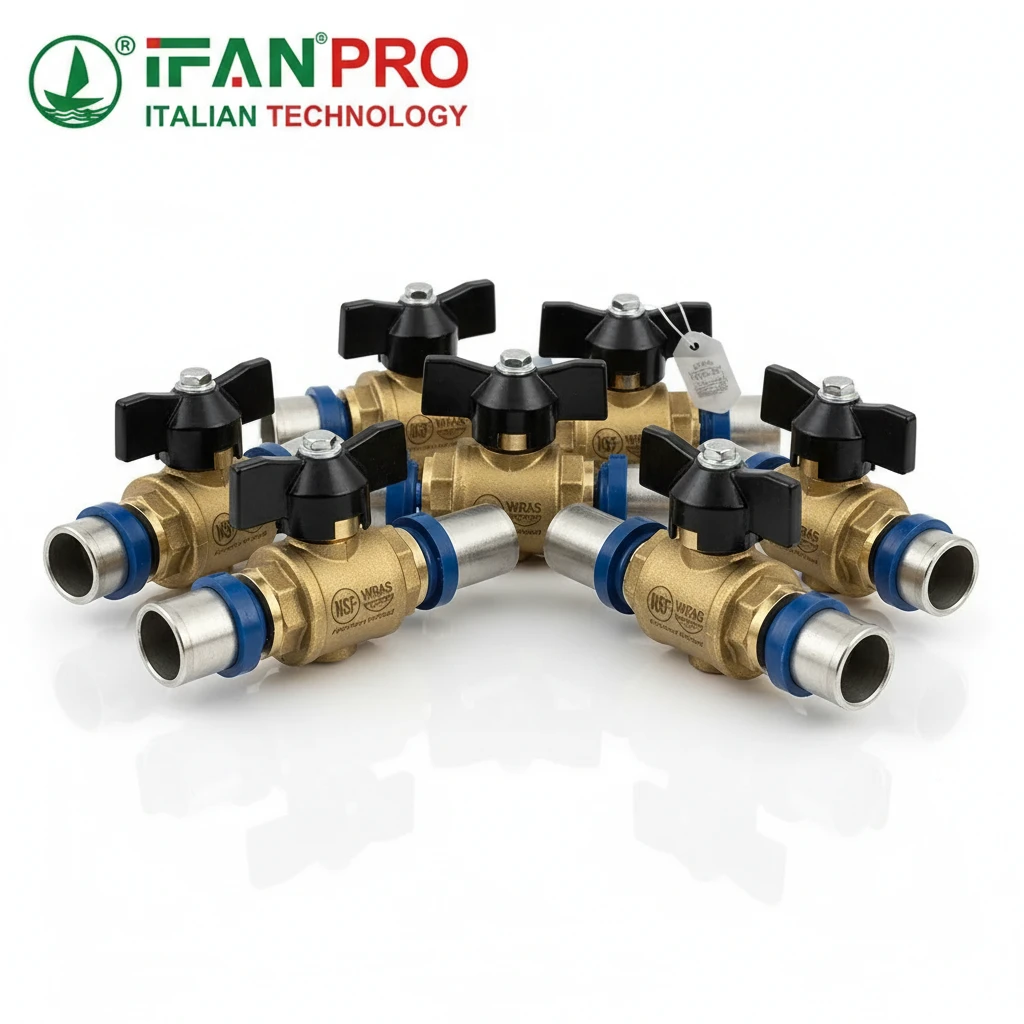
Does This Valve Carry Specific Certifications for Plumbing and Heating?
A client once faced a costly rejection because a shipment lacked the right local certification. This experience taught me that for valves, certifications are not









